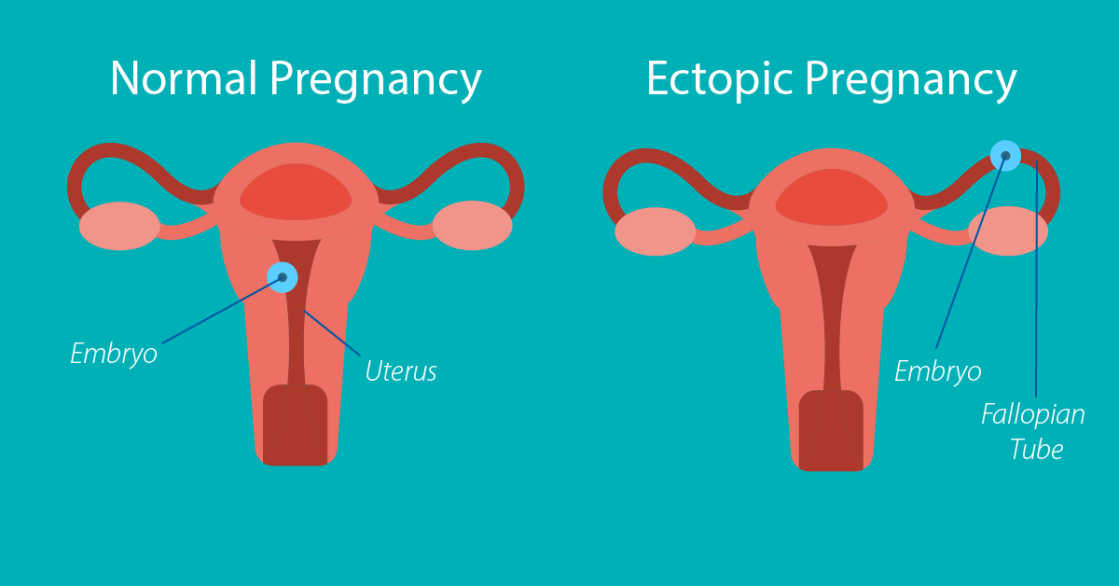How common are ectopic pregnancies?
Jamie Hernandez, MD, an OB-GYN at Baylor St. Luke's Medical Group Caritas Women's Care in Sugar Land, treats a range of gynecologic health concerns including ectopic pregnancies. Although up to 1 in 50 pregnancies are ectopic,
"More than 50 percent of my patients do not have any risk factors for an ectopic pregnancy," Dr. Hernandez says.
Risk factors for ectopic pregnancy include:
- Pelvic inflammatory disease
- Previous ectopic pregnancy
- Pelvic or abdominal surgery
- Endometriosis
- Prior tubal surgery
- Use of assisted reproductive technology
- Smoking
- Increased age of the mother
Trying to get pregnant while at risk of ectopic pregnancy
If you are at risk and trying to get pregnant, charting your ovulation may be helpful for your OBGYN to detect early signs of ectopic pregnancy. Knowing the early signs of pregnancy and important prenatal screenings will help you and your doctor monitor your health.
What are the signs of ectopic pregnancy?
Possible ectopic pregnancy symptoms include:
- Abdominal pain
- Shoulder pain
- Vaginal bleeding
- Dizziness or fainting
If you have any of these symptoms, seek medical attention immediately.
Many mothers want to know if there are ways to diagnose ectopic pregnancy early. There are three ways for an OB-GYN or doctor to determine if a pregnancy is ectopic:
- Pelvic exam of the mother to check the size of the uterus and feel for growths or tenderness in the belly
- A blood test to check levels of the pregnancy hormone (hCG)—if levels are low, an ectopic pregnancy may be the cause
- Ultrasound, which can show a pregnancy in the uterus six or more weeks after the last menstrual period
Management strategies for an ecological pregnancy
OB-GYNs can use expectant, medical, or surgical management for an ectopic pregnancy. The three surgical options include a salpingectomy (fallopian tube removal), salpingostomy (fallopian tube incision), or hysterectomy (removal of the uterus).
Ectopic pregnancies are cared for on an individual basis. Talk to your OB-GYN to find out which treatment option is right for you. Make an appointment with Caritas Women's Care, an OB-GYN group that gives expectant mothers the best possible care.
Sources:
Ectopic Pregnancy
Pregnancy Complications





